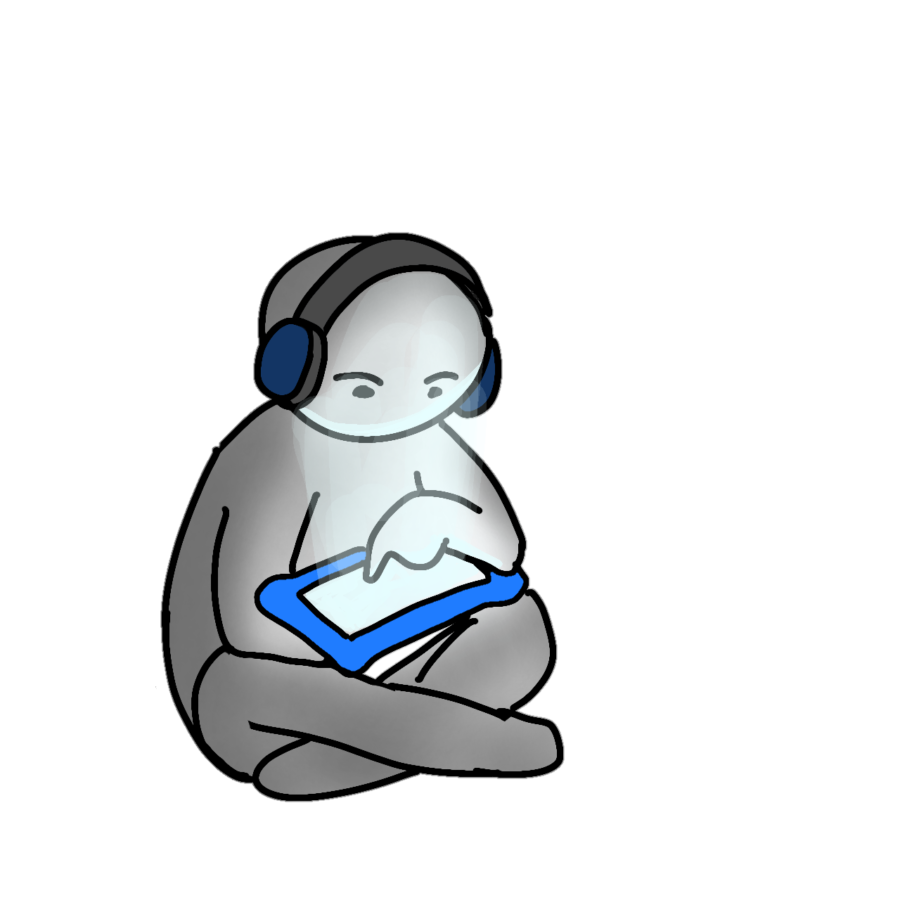Music has a unique ability to evoke emotions, spark creativity, and sometimes even help us focus—but does it belong in your study routine? The answer depends on the person, the task and the type of music.
According to music professor and author Michael Spitzer, different parts of the brain respond to music in distinct ways. The brainstem triggers reflexes, the basal ganglia determines pleasure and the amygdala manages emotional reactions. Meanwhile, the neocortex processes the patterns and complexities of music, making listening an active and dynamic experience.
Spitzer describes music as a “mode of mindfulness,” one that demands more attention than many realize. This engagement can be both a benefit and a drawback when studying, depending on how the brain interacts with the sounds.
One fascinating phenomenon Spitzer discusses is the “cocktail party effect.” Also known as auditory scene analysis, it’s the brain’s ability to focus on one sound thread, like a melody, amidst background noise. This ability can help block distractions during study sessions, but overly engaging music risks pulling attention away from the task at hand.
Some students prefer complete silence to maintain their focus. “I don’t like to listen to any since I can’t concentrate as well,” senior Emily Perkins said.
Others are more open to anything.
“I usually listen to whatever is playing. Sometimes it’s pop music and other times it’s study music without any words. It doesn’t distract me,” senior Kaeden Robertson said.
Economics and history teacher Chris Hinsvark, sides with the students who find music a distraction rather than helper.
“I don’t listen to music when I work because it becomes a little too distracting,” Mr. Hinsvark said.
According to an analysis by the National University, instrumental music, like classical or lo-fi beats, works best for maintaining focus. On the other hand, music with lyrics can interfere with language-based tasks such as reading or writing.
Music interacts with working memory, and its effects vary depending on the task. For math problems or creative projects, music often boosts performance. However, for activities requiring verbal reasoning, such as essay writing, lyrical music can disrupt the brain’s language centers.
Tempo and mood also play significant roles. Faster music can energize the brain for problem-solving, while slower tempos encourage relaxation and concentration. For stressed students, calming music may even reduce anxiety.
Music also engages mirror neurons in the brain, which mimic the emotions conveyed by songs. This is why a cheerful song can uplift or a somber melody can make us reflect. While this emotional influence boosts creativity, it can overwhelm logical thinking if the emotions are too intense.
“Within my friend group, we all listen to different music and sometimes don’t even listen to anything since we all have different tastes and unique approaches to learning,” Perkins said.



















